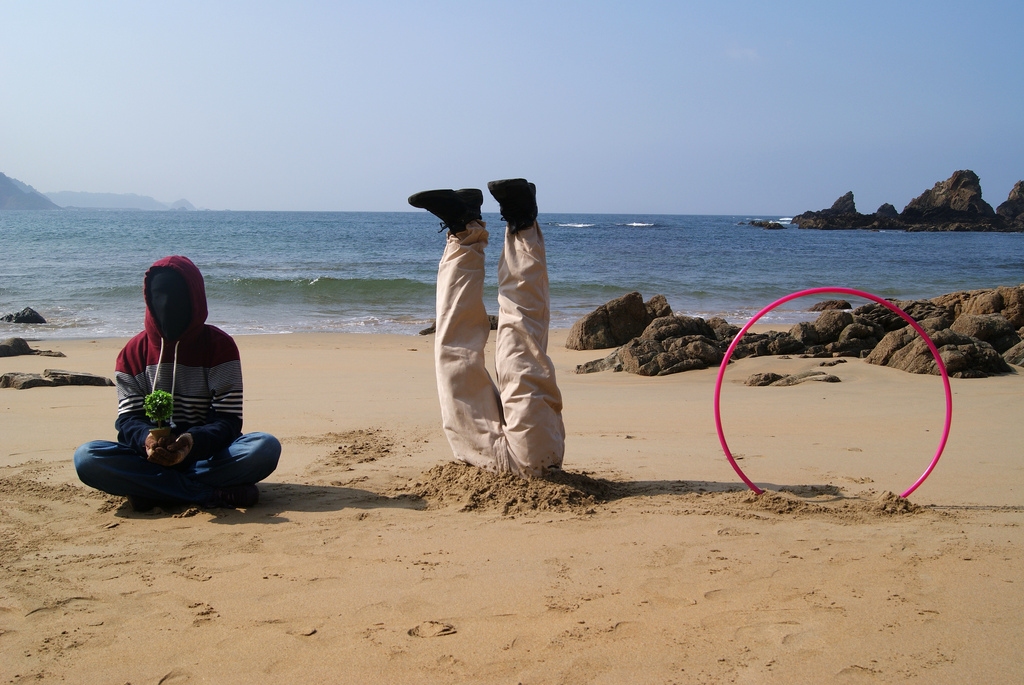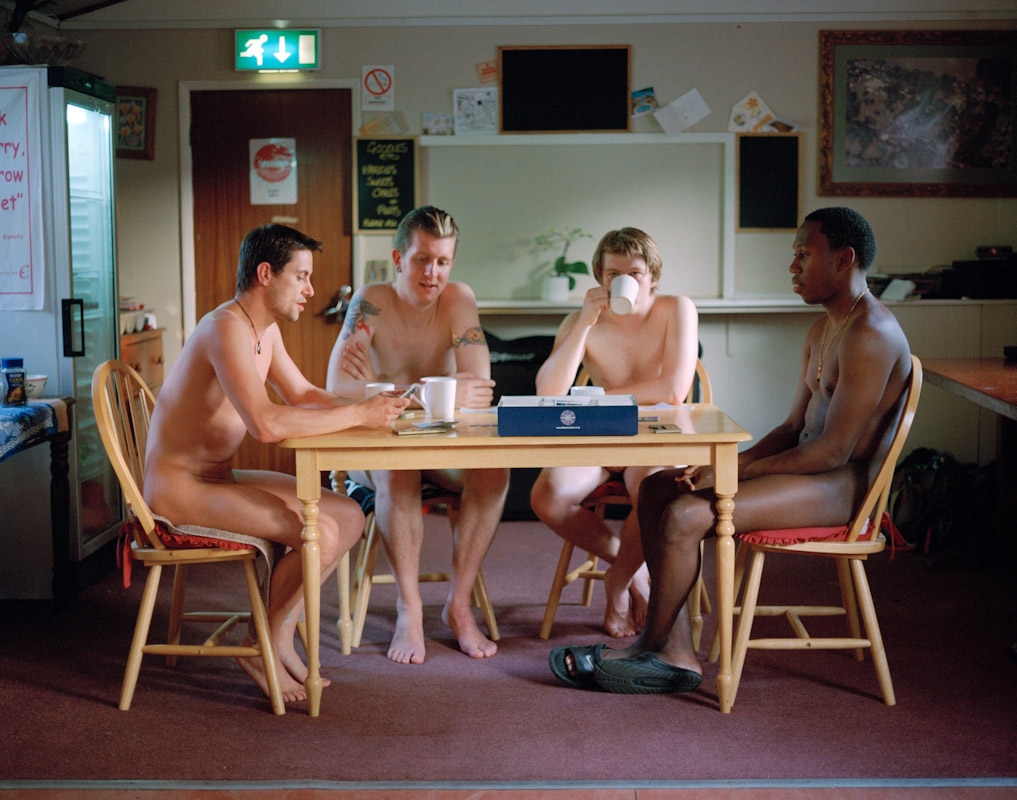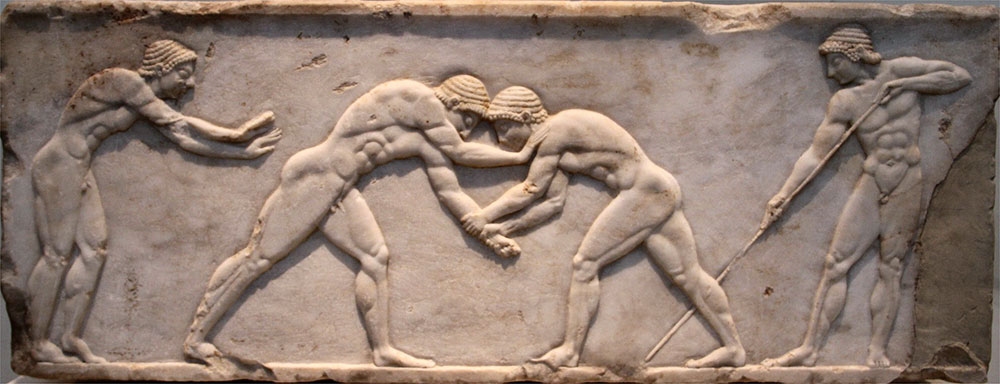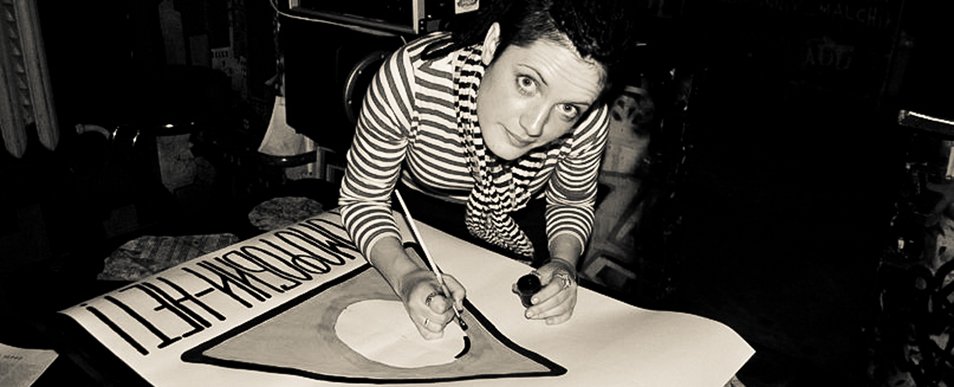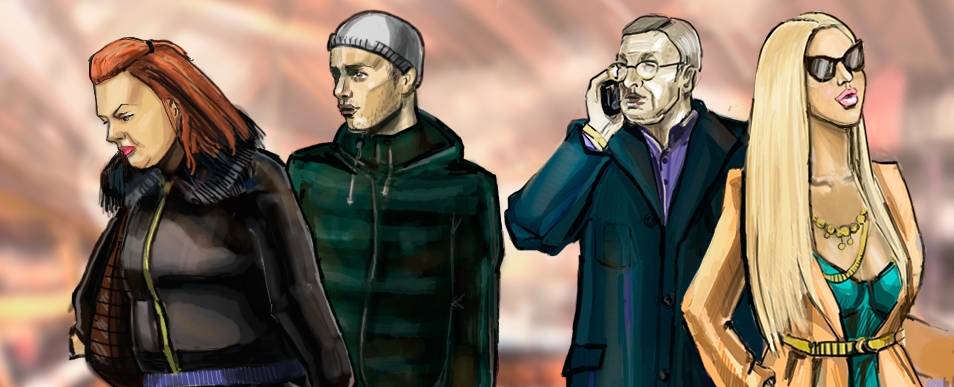One out of four comments under the article titled “Peculiarities of Belarusian Tolerance” contains hate speech. It came out on TUT.BY, Belarus’ largest digital media outlet. Some of the statements made in the comments include explicit calls for physical violence. Are mass media ready to take responsibility for serving as a platform for spreading ideas of hate?
As early as in the 1960s, linguists came to the conclusion that texts produced by culture change our reality. Theoreticians introduced the term “discourse”, from the French discours, ‘speech’, to describe established ways to speak of a given topic.
With increasing frequency we run into a rather specific and dangerous discourse in today’s Internet communications. It is the discourse of hate speech. It is actively used to speak of those who are different. Hate speech is literally defined as “various kinds of hate-based statements, including those that incite hatred towards a certain group of people (or an individual who belongs to such a group)”.
Hate speech is rooted in stereotypes and aimed at symbolic or physical eradication of diversity. Its most dangerous element is that it turns the right to live from absolute into relative: the hate speech discourse questions this right or denies it altogether because someone is in some way different.
Hate speech is dangerous not only due to the emotional harm it does to marginalised group, but also because it legitimises discrimination itself. At the level of social relations, the consequences of hate speech are increased number of hate crimes and society polarisation. When hate speeck is not banned, it effectively encourages violence against marginalised groups.
On May 24, 2014 TUT.BY published a feature named “Peculiarities of Belarusian Tolerance: Homophobia On the Internet and Transvestites In the Streets”. It included a video interview with MAKEOUT project participants. The article instantly collected aggressive comments, some of which contained direct calls for violence.
“I wouldn’t hesitate to pull the trigger on the cheeky pervert”.
After a week, there were already 5 pages of comments under the article (648 messages overall). One out of four contained hate speech. We applied Alexander Verkhovskiy’s classification for a detailed analysis of 175 selected comments.
The following types of hate speech were discovered in the analysed pieces:
• pathologizing LGBTQ (“homosexuality is a disease”);
• accusing LGBTQ people of imposing their “lifestyle” on others (e.g. • “homosexual propaganda”);
• calling for violence and discrimination, explicitly or implicitly;
• lumping LGBTQ with pedophilia, zoophilia and other sexual disorders;
• referring to LGBTQ as a group or its representatives in a degrading or offensive context (including when the group’s name was mentioned);
• ghettoisation (e.g. calls to deport or isolate LGBTQ people);
• justifting instances of violence and discrimination of LGBTQ in history;
• declaring moral deficiency of LGBTQ as a group (homosexuality as a moral disease, a vice);
• creating a negative image of LGBTQ;
• accusing LGBTQ people of having negative influence on society and the state (“LGBTQ organisations threaten our territorial integrity”);
• denying citizenship (“move out of the country”, “move to the Netherlands”);
• accusing the group of trying to seize power or of territorial expansion;
• declaring the superiority of heterosexuality over homosexuality;
• statements of cultural or intellectual inferiority of LGBTQ as a group (lack of intellectual capabilities, inability to engage in constructive labour);
• associating LBGTQ as a group with criminals.
Hate speech consists of practices of discursive exclusion that push difference out of the space of equal dialog. Exclusion practices, such as pathologisation, communicative and physical isolation, marginalisation, etc., bear primary and secondary benefits for those who use hate speech. First of all, stereotype-based stigmatisation helps reduce social anxiety in the face of an unknown phenomenon. Apart from this, having clear criteria for stigmatisation makes it easier to distinguish people within society and helps those who recur to hate speech lower the hypothetical risks of being labeled as belonging to a marginalised group.
For instance, stereotypes related to the marginalisation of LGBTQ people are most often based on the demagogy techniques of false analogy and assignment. Often found in the analysed statements were incorrect comparisons between marginalised and privileged groups. By means of hate speech the problem of discrimination and socially sanctioned violence is downplayed or denied altogether.
Accusations of imposing the group’s “lifestyle":
“I’m tolerant to fags as long as they don’t start aggressively demanding freedoms for themselves because then they infringe on my freedom to be a normal man who likes WOMEN. Live your own lives and do not impose your lifestyle on me!!!!”
“Propaganda of sexual perversions, promotion of sex minorities and distribution of information about them should be treated in accordance with article 127 of the Criminal Code of the Republic of Belarus (Genocide)”.
“Propaganda of sexual perversions, promotion of sex minorities and distribution of information about them should be treated in accordance with article 127 of the Criminal Code of the Republic of Belarus (Genocide)”.
Falsely classifying LBGTQ people as negative, marginal or dangerous phenomena often leads to hate speech. This stereotype is extremely stable and is manifest in the absolute majority of comments. This is especially characteristic of a group of statements where LBGTQ are mentioned in a derogatory or offensive context.
“How often do you see an alcoholic speaking of the delights of alcoholism at school? Maybe we also have a community of drug addiction supporters”.
“****** is unnatural. Also unnatural and against nature are murders, wars, robberies, assaults… So if we legalise homosexualists in spite of the laws of nature, then we should do the same for murderers, rapists, robbers… protect them too”.
“****** is unnatural. Also unnatural and against nature are murders, wars, robberies, assaults… So if we legalise homosexualists in spite of the laws of nature, then we should do the same for murderers, rapists, robbers… protect them too”.
False parallels are also present in the group of statements that accuse LGBTQ people of having a negative influence on society and the state, and in associating LBGTQ people with pedophilia, zoophilia and other sexual disorders.
“As soon as they are considered normal, and we (straight people) are not, they will start lobbying for the families that are now the norm to become taboo. In order to procreate they will make incubators. Then they’ll take children into their “families” born (produced) at factories”.
“Dissidents” destroyed our country, first the Russian Empire, then the Soviet Union, now they are destroying the whole of humanity, because gays and lesbians do not bear children; they deprave people, spread out pedophilia”.
“Heterosexuality is the norm, while zoophilia, pedophilia, agalmatophilia, homosexualism, pygmalionism, the passion for banging fences, walls, and flags — those are all deviations”.
“Dissidents” destroyed our country, first the Russian Empire, then the Soviet Union, now they are destroying the whole of humanity, because gays and lesbians do not bear children; they deprave people, spread out pedophilia”.
“Heterosexuality is the norm, while zoophilia, pedophilia, agalmatophilia, homosexualism, pygmalionism, the passion for banging fences, walls, and flags — those are all deviations”.
Statements pathologising LGBTQ people are a typical example of discursive exclusion built on the longstanding tradition of disease stigmatisation which is characteristic of the modern Belarusian culture in general. Coupled with hate speech addressed to LGBTQ, these comments often include discriminatory statements on physically or mentally disabled people.
“Why must normal people accept those who are obviously sick?”
“If a disease has been removed from the list of diseases or has not been included in it, it has not stopped being a disease”.
“If a disease has been removed from the list of diseases or has not been included in it, it has not stopped being a disease”.
Statements of LGBTQ people’s moral, cultural, and intellectual inferiority and statements creating a negative image of LGBTQ people:
“You, (…) scum of society, don’t stick your heads out!, because there are people in the street, and you aren’t people even by definition”.
“It is immoral to be a sodomite”.
“With most, it’s not even a disease but immorality and debauchery”.
“It is immoral to be a sodomite”.
“With most, it’s not even a disease but immorality and debauchery”.
The group of statements that poses the most danger consists of those classified according to Alexander Verkhovskiy as implicit and explicit calls for violence and discrimination, including general slogans (e.g.: “propaganda of homosexuality should be criminally punished”). In this case, false premises lead to the conclusion that violence (reaching as far as murder) against a certain social group is morally justifiable and legitimate.
“We teach our children that if a man likes other men, he is no longer a man and he should be kicked hard”; “They should be thankful that “homophobes” have not yet pulled out baseball bats and steel bars (…)”; “Those who impose this as a norm should be shot down”; “Our goal is for the latent perverts to stay latent, and for those who come out to quickly go back in the closet so we don’t have to fire up the ovens once again”.
“They should build Houses of Tolerance and make homosexualists ove in. There they’d have new friends waiting for them, romantic encounters and sensual relationships”.
“If I see you in the street, you better run”.
“They should build Houses of Tolerance and make homosexualists ove in. There they’d have new friends waiting for them, romantic encounters and sensual relationships”.
“If I see you in the street, you better run”.
Aggressive comments and open calls for physical violence came repeatedly from the same user who was, however, able to comment freely throughout the week. Other extremely dangerous types of comments also include declarations of heterosexuality’s superiority over homosexuality and justifications of historical violence and discrimination.
user Andrey_Andreyev_tutby2 as of 25.05.14
“PEOPLE LIKE THIS DON’T HAVE ANY RIGHTS, NEVER HAVE AND NEVER WILL”.
user Andrey_Andreyev_tutby2 as of 25.05.14
“Soviet criminal law treated sodomy as a crime and a punishable offence entailing time in prison (…) This is how we should have it now!!!”
user shurah as of 24.05.14
“Article 121 of the criminal code used to be there for a reason”.
“PEOPLE LIKE THIS DON’T HAVE ANY RIGHTS, NEVER HAVE AND NEVER WILL”.
user Andrey_Andreyev_tutby2 as of 25.05.14
“Soviet criminal law treated sodomy as a crime and a punishable offence entailing time in prison (…) This is how we should have it now!!!”
user shurah as of 24.05.14
“Article 121 of the criminal code used to be there for a reason”.
Statements denying LGBTQ people Belarusian citizenship are any mentions of them as foreigners based on their gender identification.
user moycvetcvet as of 26.05.14
“THE WORLD IS OPEN (…) Leave this country to us already (…) GET OUT of (…) the country!”
user kipovets as of 25.05.14
“Scumbags like that are unnatural for Belarus”.
The ghettoisation of LGBTQ people is yet another example of discursive exclusion where the different subject is deprived of voice through cultural or physical isolation.
user m16a4 as of 25.05
“A good recipe for what to do with LGBT propagandists: send them all off into a minimum security prison”.
user men_work as of 25.05
“Let them fly off to Mars.”
user MegZ as of 24.05.14
“A perfect place for that would be the town of Pripyat or, so as not to go to Ukraine, a settlement may be picked here in the Brahin district”.
“A good recipe for what to do with LGBT propagandists: send them all off into a minimum security prison”.
user men_work as of 25.05
“Let them fly off to Mars.”
user MegZ as of 24.05.14
“A perfect place for that would be the town of Pripyat or, so as not to go to Ukraine, a settlement may be picked here in the Brahin district”.
Calls for murder are often attributed today to emotional instability of the speaker (“… no one is going to murder gays here, it’s clear that everyone is so sick of them that yet another article on the topic has driven people crazy”). This approach effectively masks a real social issue as a local manifestation of aggression. In the meantime, hate speech can provoke real hate crimes or contribute to them. When committing a hate crime people often justify their actions with referrals to hate speech.
In this sense, the stronger the public’s trust in the media outlet, the stronger it contributes to integrating certain communication practices into public discourse. This remains true despite the omnipresent stereotype of this being the age of total distrust to digital media.
Today a whole range of media outlets are concerned with ethics with regard to their content created by professionals. At the same time they leave it to the notorious IMHO approach to govern over the truly limitless communicative potential of the anonymous virtual space allocated for the comments sections.
By relieving themselves of the responsibility for the content of the hate speech comments, the media act in solidarity with the carriers of the negative stereotypes and help their dissemination. It is important to understand that when public opinion and social institutions ignore hate speech, this legitimates violence as a way to interact difference.
Perhaps the described facts are yet another sign of the urgent need to rethink the limits of the media’s social responsibility.

